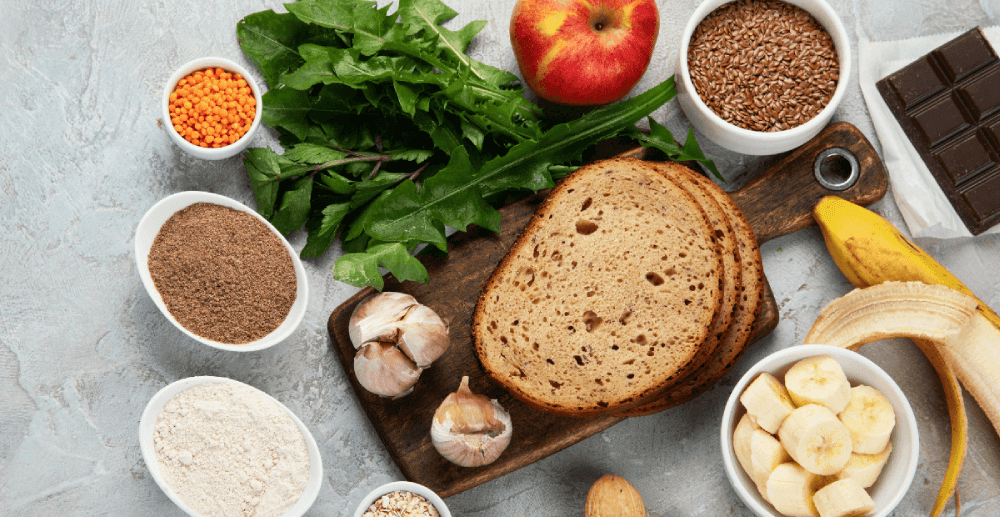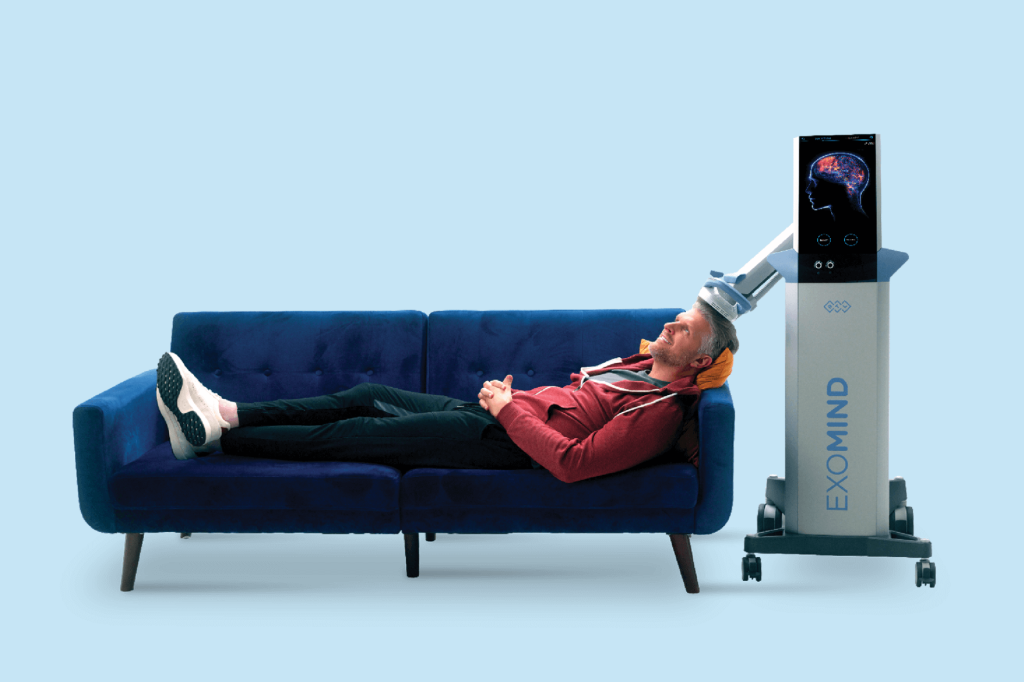
The Gut-Brain Connection: Foods That Stimulate Neurological and Digestive Healing
In recent years, the interplay between gut health and brain function has gained popular attention, although practitioners in the field of functional neurology have long understood the important connection between the gut and the brain. We know more than ever about the impact of the gut biome on broader neurological imbalances. Today, let’s explore the relationship between the gut and the brain and how specific foods can be used to support healing.
Understanding the Gut-Brain Connection
The gut-brain connection is the communication network between the digestive system and the central nervous system. Communication between these systems occurs primarily through the vagus nerve. Research has shown that disturbances in digestive health can influence brain function and vice versa, highlighting the holistic nature of our bodies’ systems.
GI Issues and Neurological Symptoms
Many patients we see who have gastrointestinal (GI) issues such as irritable bowel syndrome (IBS) or leaky gut syndrome also experience neurological symptoms like brain fog, mood disorders, or headaches. Functional neurology addresses these symptoms by considering how the nervous system may be contributing to or exacerbating the issues.
Healing Foods for GI and Brain Function
Certain foods can play an important role in supporting both digestive and neurological functions. Here are some key examples:
Probiotic Foods: Fermented foods like yogurt, kefir, sauerkraut, and kimchi contain beneficial probiotics that support gut flora balance. These microbes can influence neurotransmitter production and immune regulation, potentially impacting brain function.
Prebiotic Foods: Prebiotics are fibers that feed beneficial gut bacteria. Foods like garlic, onions, bananas, and asparagus are rich in prebiotics and can promote a healthy gut environment.
Omega-3 Fatty Acids: Found in salmon, flaxseeds, and walnuts, omega-3s have anti-inflammatory properties that can benefit both the gut and the brain. They may help reduce inflammation associated with GI disorders and support cognitive function.
Bone Broth: Rich in collagen and amino acids, bone broth can help repair the gut lining and reduce inflammation, which can positively impact neurological symptoms.
Turmeric: The curcumin that is found in turmeric is a compound known to have anti-inflammatory and antioxidant properties. Turmeric can be beneficial for soothing gut inflammation and supporting brain health.
Functional Neurology’s Approach to Nutrition
In functional neurology, dietary recommendations are personalized based on an individual’s neurological and digestive health profile. This may involve eliminating inflammatory foods, identifying food sensitivities, and gradually reintroducing healing foods to optimize gut-brain function. A comprehensive Discovery Day evaluation with the skilled team at Neurohealth Services can include nutritional recommendations tailored to your unique profile.
By addressing the gut-brain connection with a focus on nourishing foods that support both gut health and neurological function, individuals can potentially experience improvements in their overall well-being. If you’re experiencing decreased cognitive function that has led to challenges completing routine tasks and activities along with changes in your digestive system, a free 10-minute phone consultation can help us determine the next steps on your path to recovery. Call (317)848-6000 or schedule a consultation today.
NEAUROHEALTH SERVICES
Get back to feeling like yourself naturally. Natural treatment for neural and chronic pain.
CATEGORIES
Recent Articles
ExoMind™ : A New Era of Brain Health & Recovery
Introducing ExoMind™ at NeuroHealth Services: A New Era of Brain Health & Recovery By Dr. Brad Ralston,…
Understanding the Brain’s Cognitive Landscape: The Areas of the Brain and Their Processes
On the NeuroHealth Blog, we’ve explored a range of the common symptoms we treat at Neurohealth Services,…
How Does Functional Neurology Treat Vestibular Disorders?
Many of the conditions we treat at Neuroheatlh Services involve disorders of the inner ear or the…
Is Neurorehabilitation for you?
NeuroHealth provides neurorehabilitation for all ages, specializing in treatment for vertigo, migraines, post-concussion syndrome, and other neurological disorders. Contact our office today.




